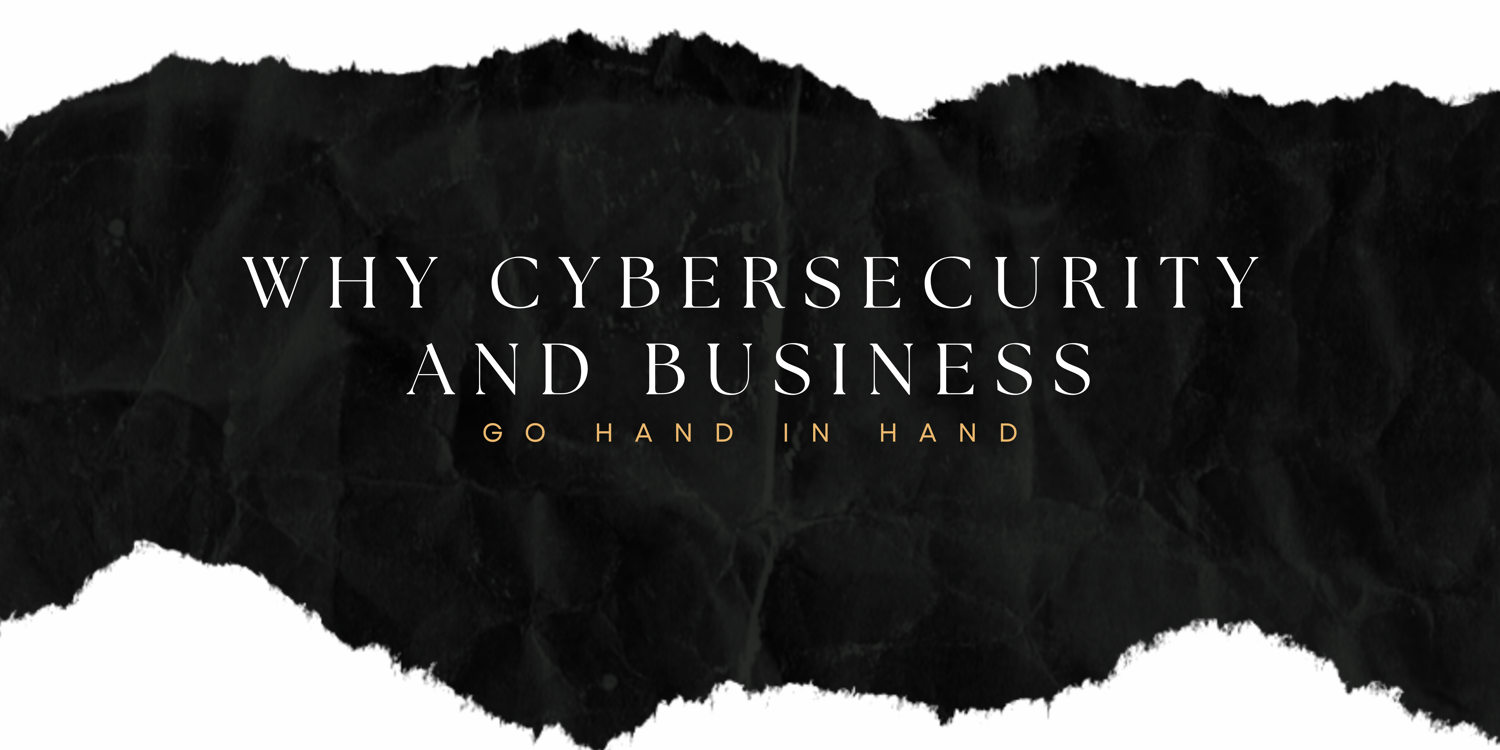In today's rapidly evolving digital landscape, the integration of cybersecurity into business operations has become not just a necessity but a critical element for survival and growth. The convergence of cybersecurity and business is a topic that every business leader, entrepreneur, and stakeholder should comprehend and prioritize. This blog will delve into why cybersecurity and business are intertwined and explore the multifaceted benefits of incorporating robust cybersecurity measures into business strategies.
The Digital Transformation of Business
The advent of digital technology has revolutionized how businesses operate. From online transactions to cloud computing, digital transformation has introduced unprecedented efficiency and connectivity. However, this digital revolution has also brought about new vulnerabilities. Cyber threats, such as hacking, data breaches, ransomware, and phishing attacks, have become increasingly sophisticated. Consequently, businesses must fortify their digital presence against these threats.
Protecting Sensitive Data
One of the most compelling reasons cybersecurity is integral to business is the protection of sensitive data. Businesses handle a vast amount of data, including customer information, financial records, intellectual property, and proprietary business strategies. A data breach can result in significant financial loss, legal repercussions, and reputational damage.
For instance, the infamous Equifax data breach in 2017 exposed the personal information of over 147 million people, leading to lawsuits, regulatory fines, and a severe loss of consumer trust. Such incidents underscore the importance of implementing robust cybersecurity measures to safeguard data integrity and confidentiality.
Compliance with Regulations
Regulatory compliance is another critical aspect where cybersecurity intersects with business. Various industries are governed by stringent regulations that mandate the protection of sensitive data. Regulations such as the General Data Protection Regulation (GDPR), the Health Insurance Portability and Accountability Act (HIPAA), and the Payment Card Industry Data Security Standard (PCI DSS) impose rigorous cybersecurity requirements on businesses.
Non-compliance with these regulations can result in hefty fines and legal penalties. For example, under GDPR, organizations can be fined up to 4% of their annual global turnover or €20 million, whichever is higher, for data breaches. Therefore, adhering to cybersecurity standards is not just about protecting data but also about staying compliant and avoiding financial penalties.
Maintaining Customer Trust
In today's competitive market, customer trust is paramount. Customers are increasingly aware of cybersecurity issues and are likely to do business with companies they perceive as secure. A single data breach can erode this trust, leading to customer attrition and loss of market share.
By prioritizing cybersecurity, businesses can assure their customers that their data is safe. This assurance can be a significant differentiator in the market, fostering customer loyalty and retention. Moreover, transparent communication about cybersecurity practices can enhance a company's reputation as a responsible and trustworthy entity.
Ensuring Business Continuity
Cyber-attacks can disrupt business operations, leading to downtime, loss of productivity, and financial losses. For example, a ransomware attack can lock critical business systems, halting operations until a ransom is paid. In some cases, the damage can be so severe that businesses never fully recover.
Implementing comprehensive cybersecurity measures ensures business continuity by protecting systems and data from disruptions. This includes regular backups, disaster recovery plans, and incident response strategies. A resilient cybersecurity framework enables businesses to quickly recover from cyber incidents and minimize downtime, ensuring that operations run smoothly.
Enhancing Competitive Advantage
Incorporating cybersecurity into business strategy can provide a competitive advantage. Businesses that proactively address cybersecurity can leverage it as a unique selling proposition. For instance, a company known for its robust cybersecurity practices may attract more customers and partners who prioritize data security.
Moreover, as cybersecurity becomes a critical concern for all businesses, those that invest in cybersecurity training and awareness for their employees can outperform their competitors. Employees trained in cybersecurity are less likely to fall victim to social engineering attacks, reducing the risk of security breaches and contributing to overall business success.
The Role of Cybersecurity in Innovation
Innovation is the lifeblood of business growth. However, without adequate cybersecurity, innovative initiatives can be jeopardized. Whether developing a new product, adopting a new technology, or entering a new market, cybersecurity must be integral to the innovation process.
For example, as businesses adopt emerging technologies like the Internet of Things (IoT), artificial intelligence (AI), and blockchain, new security challenges arise. Addressing these challenges proactively allows businesses to innovate confidently, knowing that their advancements are secure.
The Economic Impact of Cybersecurity
The economic impact of cybersecurity on business is profound. According to a report by Accenture, the average cost of a cyber-attack for an organization is $13 million. Investing in cybersecurity can mitigate these costs by preventing incidents or minimizing their impact.
Furthermore, the cybersecurity industry itself presents economic opportunities. Businesses specializing in cybersecurity services and products are experiencing significant growth, driven by the increasing demand for security solutions. This creates opportunities for businesses to diversify their offerings and tap into the burgeoning cybersecurity market.
The Human Element of Cybersecurity
While technology plays a crucial role in cybersecurity, the human element is equally important. Cybersecurity awareness and training programs are essential for educating employees about potential threats and best practices. Employees are often the first line of defense against cyber-attacks, and their vigilance can prevent many security incidents.
Creating a culture of cybersecurity within the organization, where employees understand their role in protecting sensitive data and systems, is vital. Regular training sessions, phishing simulations, and clear communication about cybersecurity policies can enhance the overall security posture of the business.
In conclusion, cybersecurity and business are inextricably linked in today's digital age. Protecting sensitive data, ensuring compliance with regulations, maintaining customer trust, and ensuring business continuity are just a few reasons why cybersecurity should be a top priority for every business. Moreover, cybersecurity enhances competitive advantage, supports innovation, and has significant economic implications.
As cyber threats continue to evolve, businesses must remain vigilant and proactive in their cybersecurity efforts. By doing so, they can safeguard their assets, protect their reputation, and thrive in the digital economy. Embracing cybersecurity as an integral part of business strategy is not just a necessity but a pathway to sustainable growth and success.
I hope you found this blog insightful and inspiring! I'd love to hear your thoughts, questions, and any topics you'd like to know more about. Please leave a comment below and let's keep the conversation going. Don't forget to follow me on all my social media platforms to stay updated and continue learning. Together, we can navigate the exciting world of online business and achieve great success this fall season.



Comentarios ()